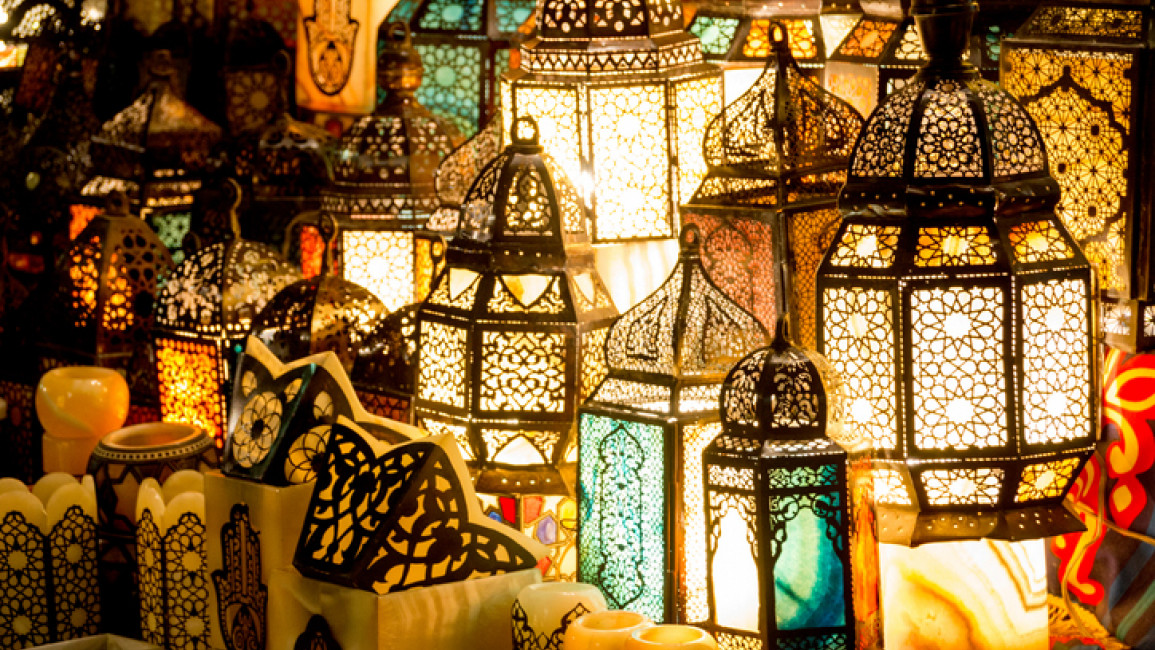Ramadan 2022: How long are your fasts?
The Muslim holy month of Ramadan is set to begin in just a few days, which will see many of the world's more than one billion Muslims fast from before dawn until sunset.
Ramadan begins roughly two weeks earlier each year, as the Islamic calendar follows the lunar cycles.
This year, those living in the northern hemisphere will see the holy month move from the longest days of summer toward the slightly shorter days of spring.
The City of Minneapolis, MN will allow the public broadcasting of the Adhan - the Islamic Call to Prayer - during #Ramadan. Beautiful. pic.twitter.com/Bz6b5j27k1
— Khaled Beydoun (@KhaledBeydoun) March 28, 2022
Many countries with the shortest fasts this year are in the southern hemisphere. Muslims in New Zealand, Paraguay, Uruguay and South Africa will have the shortest daily fasts in the world, lasting around 11 or 12 hours.
If you are in Rekjavik, however, you will have the longest fast in the world, as Muslims in Iceland will fast for nearly 17 hours every day.
Most countries in the Middle East, North Africa, and South Asia fast for around 15 hours this year.
Those living in Indonesia, the country with the largest Muslim population in the world, will experience relatively easier 14-15 hour fasts.
Muslims across Europe and North America, in countries such as the UK, Canada, Poland, and Greece, will fast between 15 and 16 hours.
There are no countries where Muslims will experience the midnight sun in 2022, unlike Ramadans over the past few years.
Those living closer to the Arctic Circle - where the sun doesn't set in summer - in places such as Sweden or Iceland would have had to endure a grueling 20 hours without food or water every day for the month.
In these cases, Muslim religious authorities have decreed that devotees can opt to follow the fasting time of Mecca, Islam's holiest city.
Ramadan comes this year as many Muslim-majority countries have begun to ease coronavirus restrictions, allowing for gatherings that had in previous years been hampered by regulations.
This year's fast is expected to begin on Saturday or Sunday, depending on the sighting of the moon's new crescent.



